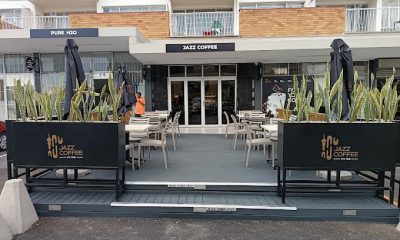Property News
Census 2022 Reveals Higher Rental Rates Over Home Ownership in Gauteng

Key data from the 2022 Census reveals a significant difference in Gauteng. IOL reports that around 36.6% of residents are more likely to rent their homes than own. This differs from the nationwide pattern. Four out of every ten homes in South Africa are fully paid off. A quarter of the population also lives rent-free. This data also demonstrates a slight increase in home ownership in 2022 compared to 2011.
Impact of Load Shedding:
Gauteng is the most populous province. It experiences a severe impact from load shedding. Gas stove usage in the province has skyrocketed. The number of households using gas stoves increased from 119,000 in 2011 to over 1.6 million in 2022. The province houses 4.7 million households with flushing toilets. Additionally, five million have access to municipal water services.
Also read: Johannesburg: Most Affordable Global City for Property Ownership Since 2018
Tenure Patterns:
Differing tenure patterns exist throughout the country. Limpopo has the lowest percentage of people living in rented households (10%). Gauteng stands out as having the most renters. In contrast, Limpopo has the highest rate of people living rent-free, at 37.9%. In Gauteng, 31.3% of households are fully paid off. The government plays a substantial role in housing. Nearly one in every three homes in the country benefits from government sponsorship or subsidies through the Reconstruction and Development Programme (RDP).
Household Size:
The average household size has decreased over the years. 3.5 people per household is now the national average. Gauteng sits with the lowest average household size at 2.8. KwaZulu-Natal, on the other hand, has the highest at 4.4.
Housing Types and Household Heads:
Regarding housing types, approximately 90% of households in South Africa reside in formal dwellings. These formal dwellings include brick or concrete houses, flats, and townhouses. Informal dwellings like shacks have declined from 16.2% in 1996 to 8.1% in 2022. The Census data also reveals that nearly half of South African households are headed by women. The split between women and men-headed households is nearly even.
Also read:
Unlocking the Enigma of Heritage Property Pricing for Discerning Buyers
Picture: Unsplash / Tembinkosi Sikupela
Follow us on Google News.

















